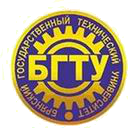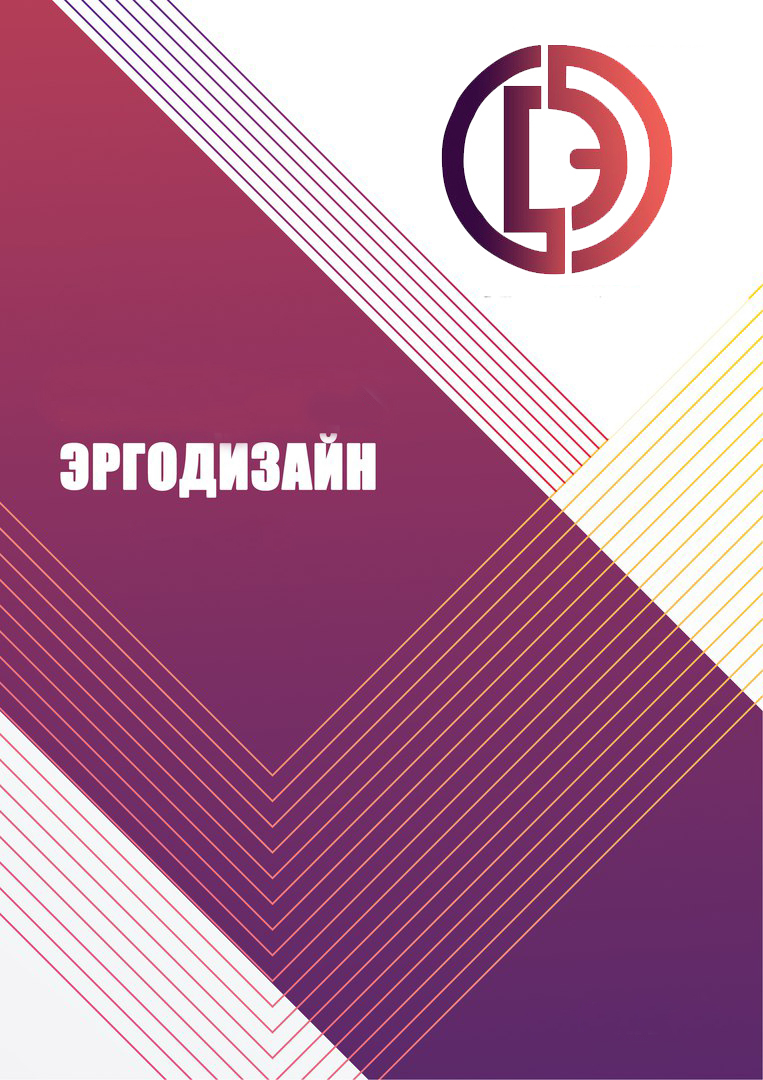Surgut, Tyumen, Russian Federation
The relevance of the study is due to the fact that digital technologies have not only expanded the possibilities for creating and processing static and moving images and sound. Their appearance have raised many questions about the work of art authenticity that does not have a material original, about the digital power over human perception and the artist’s fate in the era of the artificial intelligence development. In this regard, the author conducts a content analysis of modern research on the digitalization impact on the culture development and its role in the art process. In classical aesthetics, creativity means producing something new, unforeseen, and unexpected. It’s no good confusing aesthetic novelty and technical innovation. Machines are not yet capable of creating fundamentally new things. In essence, they reproduce the old, which is a problem for many theorists of digital culture, because the widespread penetration of artificial intelligence into all spheres of human activity, including art, will ultimately lead to our getting the dictates of the old.
digitalization, culture, art, digitization of reality, artificial intelligence, art environment, aesthetic representations
1. Gorbacheva A.G. Mass Art and Digital Revolution. Chelovek.RU. 2017;12:115-126.
2. Galkin D.V. Techno-Art Hybrids or Art, Politics and Digi-tal Technology in the Cultural Dynamics of Late XX-th Century. Humanitarian informatics. 2008;4:52-78.
3. Shirinkina E.V. Making the Creative Environment of the Company in the Digital Era. Actual Problems of Economics and Management. 2021;1(29):156-164.
4. Denikin A.A. Post-Digital Aesthetics in the Art Practices of the Digital Art. Observatory of Culture. 2017;14(1):36-45.
5. Lesnichikh A.A. Digital Art: History and Current Practices. Digitization. 2022;3(1):41-51. doi:https://doi.org/10.37993/2712-8733-2022-3- 1-41-51.
6. Shirinkina E.V. Workplace Learning Management: Innova- tive Technologies. Innovations in Management. 2020;4 (26):74-79.
7. Shishkova E.E. Exploring Traditional Art through Digital Technologies and Virtual Reality. Digitization. 2022;3(1): 61-70. doi:https://doi.org/10.37993/2712-8733-2022-3-1-61-70.
8. Konstantinov M.V. The Role of Clichés in Contemporary Digital Audiovisual arts. Praxema. Journal of Visual Semiotics. 2021;2(28):43-62. doi:https://doi.org/10.23951/2312-7899-2021-2-43-62.
9. Shirinkina E.V. Models of Creativity in an Organization. Models, Systems, Networks in Economics, Technology, Nature and Society. 2021;1(37):21-28. doi:https://doi.org/10.21685/2227-8486-2021- 1-2.
10. Budagyan R.R. Digitalization in the Space of Media Art (on the Example of Computer Art, Net-Art, Digital Photography and Digital Painting). Vestnik saratovskoy konservatorii. Vopro-sy iskusstvoznaniya. 2021;1(11):22-29.
11. Shirinkina E.V. Designing the Pedagogical Design of the Educational Environment of the University. Vestnik of Saint-Petersburg State Institute of Culture. 2021;1(46):156-162. doi:https://doi.org/10.30725/2619-0303-2021-1-156-162.
12. Agarkova A.A., Salalykina E.V. The Development of Digital Art in the Period of Digitalization. Modern School of Russia. Modernization Issues. 2021;3-2(36):166-168.
13. Shirinkina E.V. Business Models in the Conditions of In- creasing Complexity of the Business Environment. Journal of Volgograd State University. Economics. 2021;23(1):121-130. doi:https://doi.org/10.15688/ek.jvolsu.2021.1.10.
14. Cipriani G. The Ethics of Relation in the New Modernity of Digital Art and Culture. International Journal of Cultural Re- search. 2021;3(44):6-17. doi:https://doi.org/10.52173/2079-1100_2021_3_6.
15. Slavnikova M.A., Nazarchuk U.I. Background to the Formation of the Principles of Digital Art. Vestnik of Saint-Petersburg State University of Technology and Design. 2020;1:172-175.
16. Potekhina V.A., Bisikalo E.E. Digital Business Ecosys-tems as a New Form of Organizational Design. Global and Re-gional Research. 2021;3(2): 272-280.
17. Drikker A.S., Makovetsky E.A. The Genesis of Art and the Digital Age. Vestnik of Saint-Petersburg State University. Philosophy and Conflict Studies. 2020;36(3): 539-552. doi:https://doi.org/10.21638/spbu17.2020.310539.











